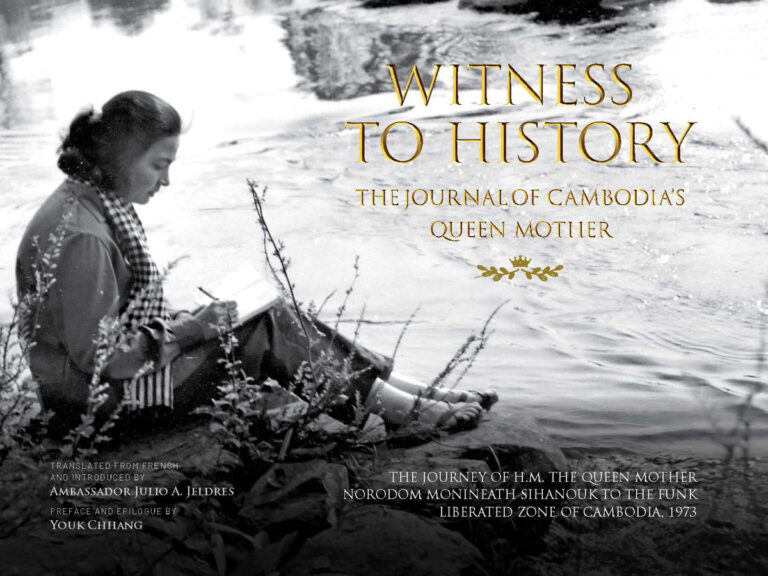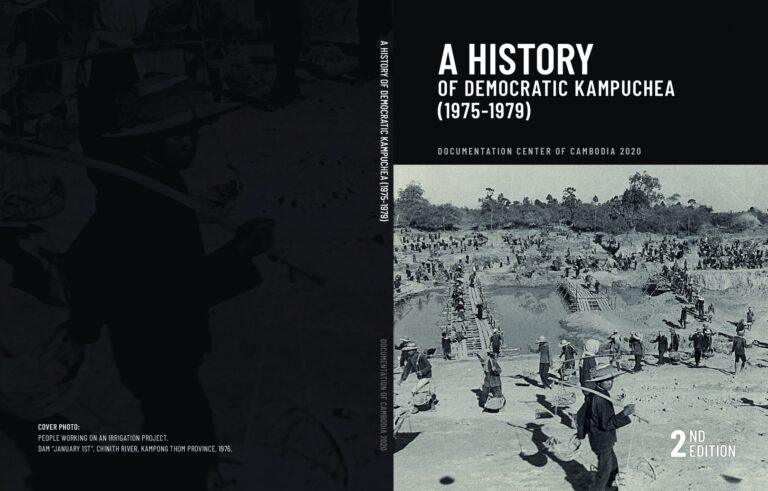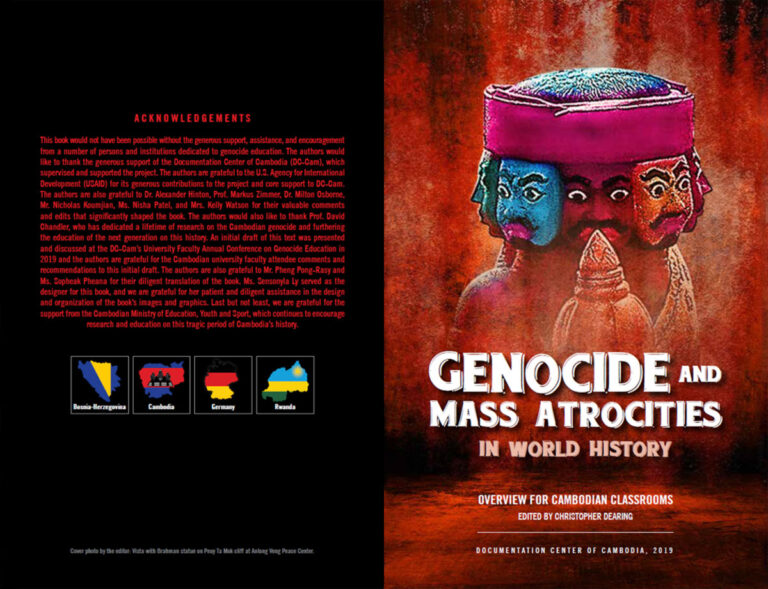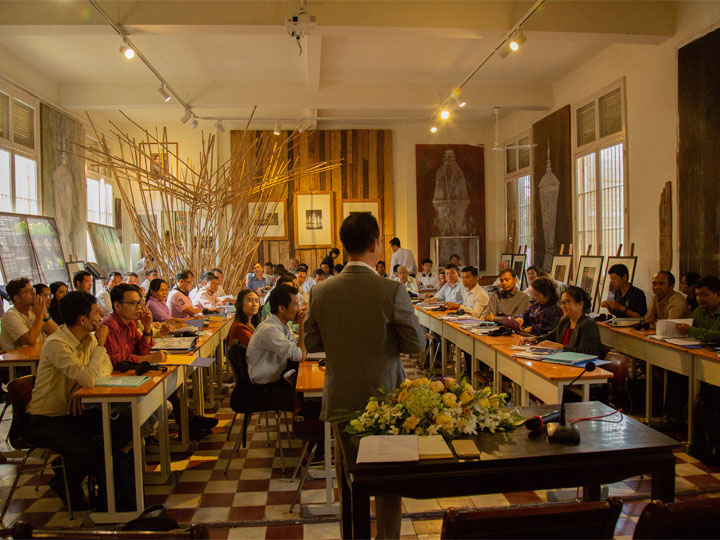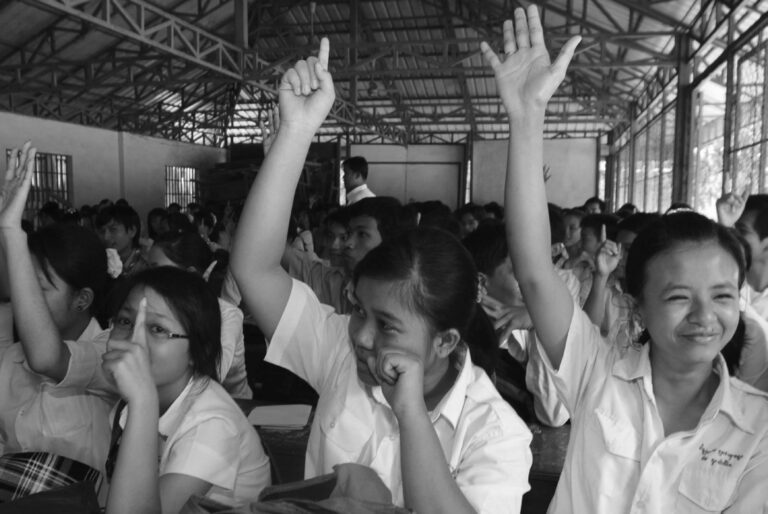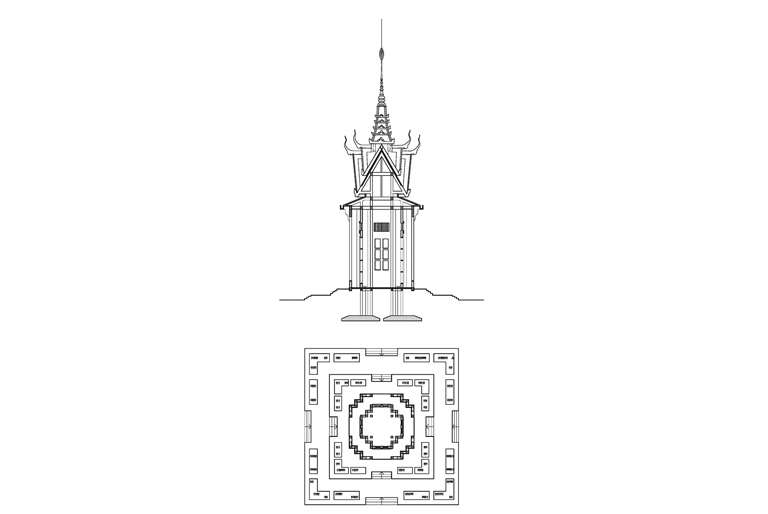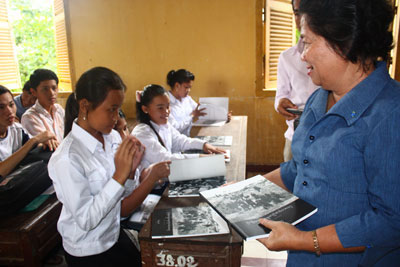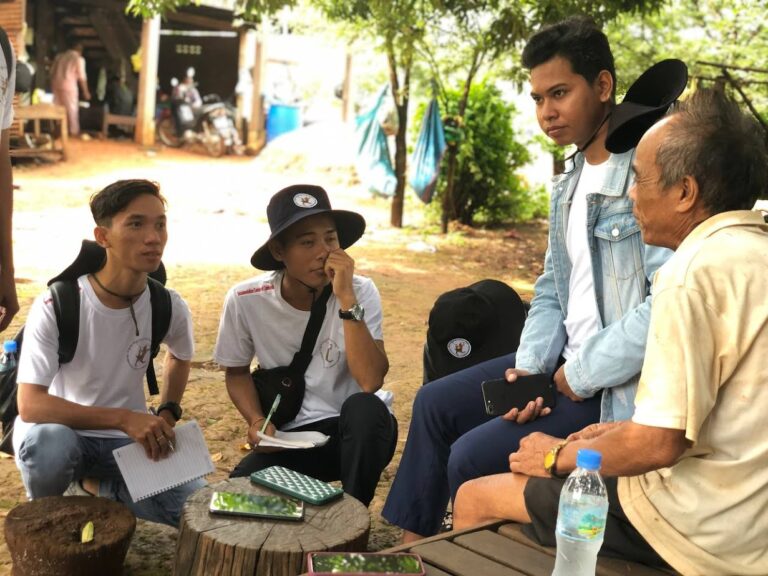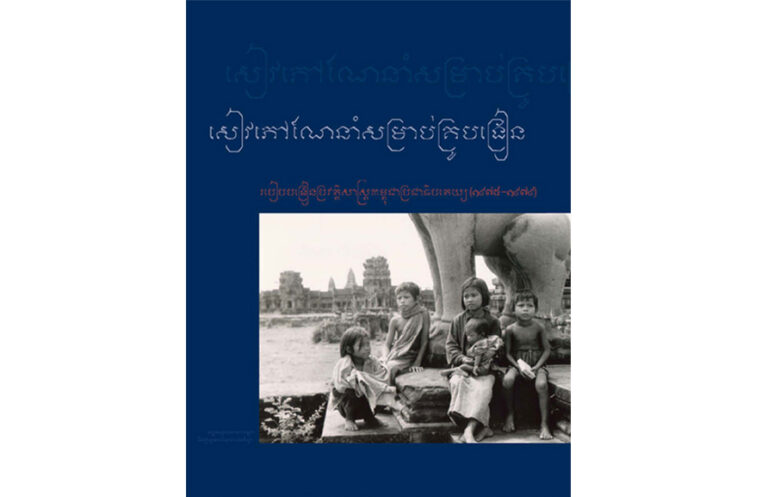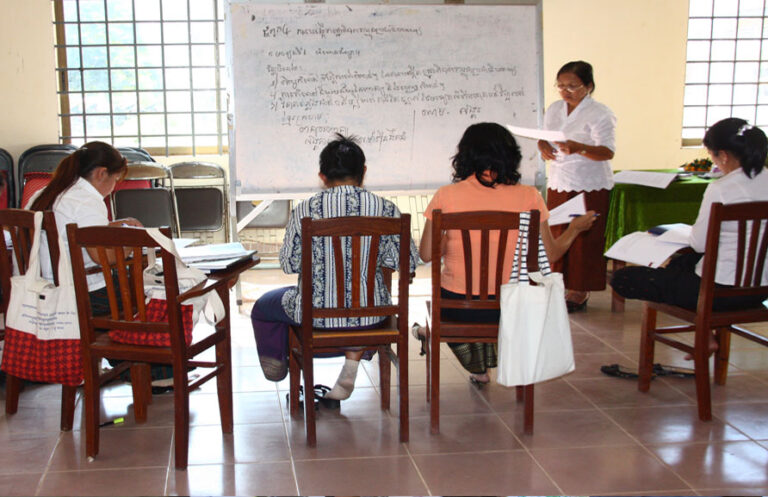SHAPING A BETTER WORLD
MASS ATROCITIES IN WORLD HISTORY EDUCATION
It can be said that democracy has been an indomitable force in history. It has elevated the voice of the common man and woman, and it has torn down hierarchical political systems in the name of freedom and equality. Like democracy, education carries an equally powerful potential to transform all societies as well.
Education that centers on critical thinking, self-reflection, and empathy can open up new conceptions of individual and collective identity and give people tools to question themselves, their institutions, and their world. Education, like democracy, can be the next great enabler of mankind’s pursuit of peace, freedom, and justice.
The study of history is a crucial component to this vision of education. History can be studied to appreciate and critically reflect upon past ideas, people, and institutions. History can lay the foundations for hope, inspiration, and kinship, and it can be harnessed as an educational tool to explain the errors, shortcomings, and evils of society. History forces nations to acknowledge the suffering perpetrated in the name of religion, culture, and country, and it forces individuals to confront the horrors that can emerge within all societies.
Given the immense power of history to shape contemporary identity, culture, and vision, we must make the study of history a core component of all global strategies to prevent and respond to genocide, mass atrocities, and violent extremism.
Although global problems require global strategies, all lofty approaches depend on the grassroots. Global strategies to confront and prevent genocide are crucial to identifying common terms and opportunities for cooperation and collaboration. However, even in our globalized world, all problems and their solutions are driven locally. If we recognize that individual human beings have the potential to influence change, then individuals and communities must then play a significant part of any global strategy. No matter the resources, the success of global strategies will depend on the participation, leadership, and ultimately ownership by the local community.
Local ownership of strategies does not mean local communities can or should tackle their problems on their own. Mentorship, sponsorship, education, and oversight are all crucial areas where the international community can engage and help local actors and organizations participate in the global effort to confront genocide, mass atrocities, and violent extremism. History is not only dependent on our investments in people. We must also dedicate resources to operations and facilities—because even great teachers depend on well-resourced learning environments.
This condensed curriculum on different mass atrocities in history is but one small contribution to the grassroots struggle in Cambodia. Although Cambodia has taken significant steps toward confronting its history in schools and communities, there is still much to accomplish in educating the next generation about genocide, mass atrocities, and violent extremism. This curriculum attempts to address some of these shortfalls by providing snapshots of other societies’ experiences with mass atrocities. This curriculum provides educators with another resource to increase students’ understanding of their country’s history and challenge them on how Cambodia’s experience with mass atrocities is similar and different from other countries.
All societies require curricula that are provocative and transformative because the ultimate aim of education is not to confirm prior learning but challenge assumptions and understandings with new information and perspectives. Cambodians may proclaim the importance of transformative thinking, yet their actions and ideas are too often filled with a deep desire for security at the expense of inspiration and innovation. Modernization and inventiveness depend on leaders, and we need to improve how we encourage bold thinking and ingenuity.
This curriculum is short because small steps are sometimes more impactful than large leaps. Ultimately, it is hoped that this curriculum will be merely a small piece of a spectrum of other actions to shape the next generation’s understanding of history. It goes without saying that history acts as a crucial platform to create a culture that respects and protects democracy, peace, and development.
YOUK CHHANG
DIRECTOR, DOCUMENTATION CENTER OF CAMBODIA

